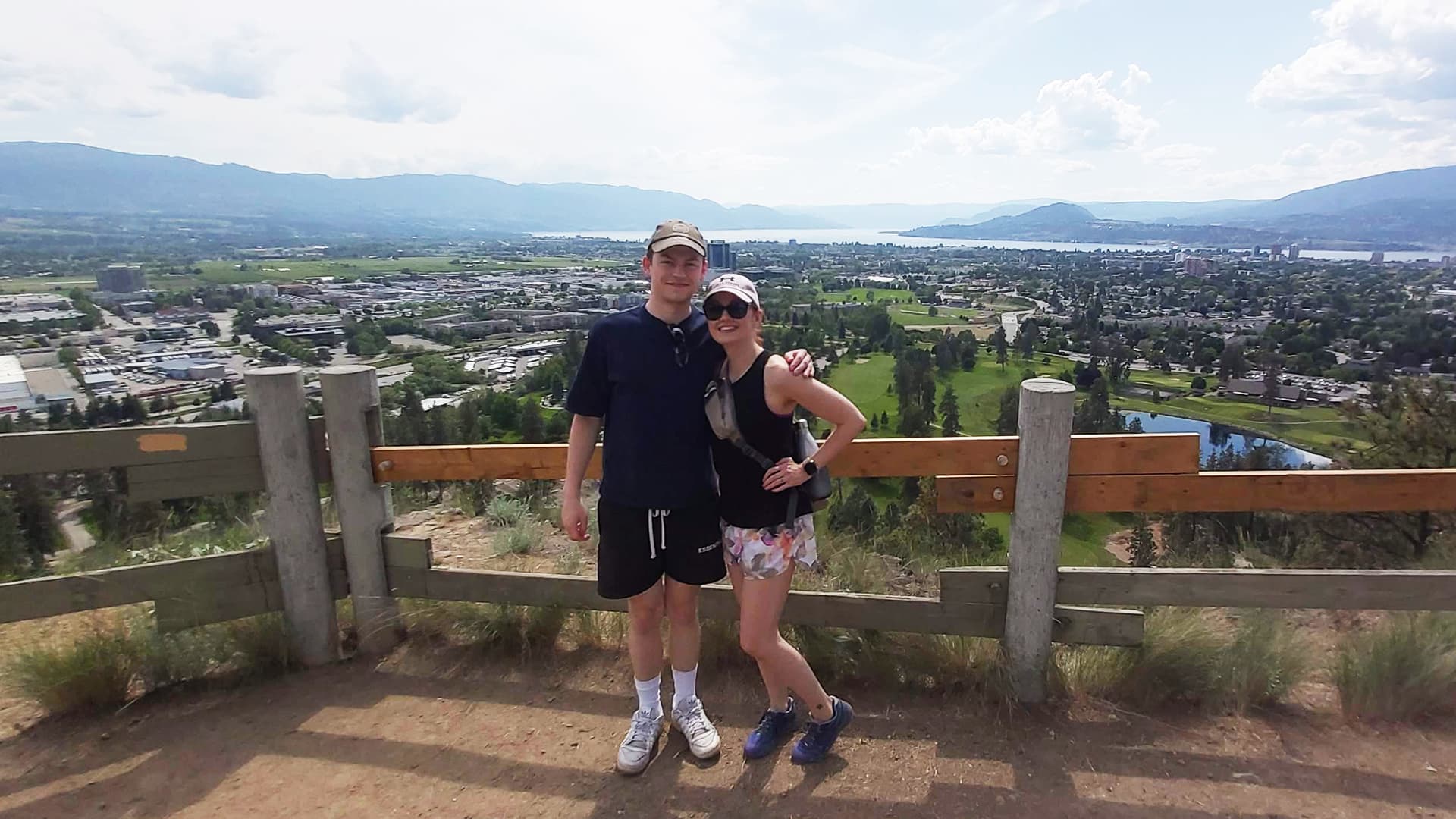For Kristen Hovet (Master of Health Studies ’24), getting diagnosed as autistic just days before her 39th birthday felt like “coming home.”
From a young age growing up in North Dakota, she always felt a bit different. She was highly sensitive to the world around her, including her thoughts and emotions, and was even labelled as a highly sensitive person by a therapist. But to Hovet, that label didn’t perfectly fit with all the struggles and differences she felt.
“It always felt like some key part of the picture was missing,” she said. “And I would frequently beat myself up, mentally, for not being able to cope with life the way others seemed to be able to do.”
A surprising diagnosis
Hovet never considered autism as a possible diagnosis until she was an adult and living in Vancouver, B.C., when a therapist mentioned she reminded her of her autistic daughter. “Initially, I was offended because I had quite a lot of stereotypes in my head of autistic people, and I didn't match any of those,” said Hovet.
After reading books on how autism can present in “high masking” individuals—those who suppress autistic traits to blend in as neurotypical—and speaking with autism experts, she began to see how it could fit for her.
It was only after she got an official assessment “to either prove the therapist wrong or confirm growing suspicions,” that she was officially diagnosed as autistic.
“The diagnosis felt like coming home, like I finally had the answer I didn't know I'd been looking for all my life. I could look back on myself and my life with much more compassion and understanding,” she said.
Her diagnosis not only brought personal clarity, but combined with her education at Athabasca University, it also fuelled her passion for spreading awareness about autism and for sharing the stories and experiences of people like her.
The diagnosis felt like coming home, like I finally had the answer I didn't know I'd been looking for all my life. I could look back on myself and my life with much more compassion and understanding.
Using her diagnosis to help others
With a background in research communications, Hovet began to blog about her experiences writing posts about late-diagnosed and high-masking autism. She wanted to help others who might be in similar scenarios, “who might have slipped through the diagnostic cracks” like she had.
After learning about producing accessible health in one of her Master of Health Studies courses and thinking about how people consume all kinds of content through podcasts, Hovet decided to expand her content creation from writing to audio and video production as well.
The podcast she created and hosts, The Other Autism, is evidence-based where she shares the latest on autism research and interviews autism researchers, specialists, and those willing to share their personal experiences.
“The Master of Health Studies program helped me to spot high-quality evidence-based information more quickly and accurately while producing content for The Other Autism podcast episodes,” she said from her current home in Kelowna, B.C.

Choosing an accessible education
Completing a graduate degree was always the goal for Hovet, but she didn’t expect to work on it later in life. At the time when she was looking at programs and schools, she wanted to be able to continue working as a research communications specialist at BC Children’s Hospital Research Institute and to pursue other projects in addition to attending university. She also has sensory differences that make university life challenging, so AU’s flexibility allowed her to study from the comfort of home and fully be able to concentrate on schoolwork.
“AU was one of the only Canadian universities I could find that provided high-quality, asynchronous graduate-level education,” she said. “It was honestly a lot, but the time flew by, and I was happy that I chose AU.”
Hovet said she plans to continue putting her degree to work by continuing to produce her podcast and empowering listeners through knowledge.
“'I’m hoping this knowledge can help them feel less alone and that it just might help transform their lives and self-understanding.”
Listen to The Other Autism podcast
Listen to episodes, read transcripts, and learn more about The Other Autism.